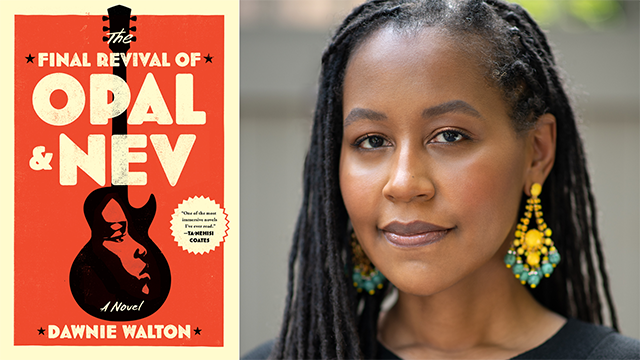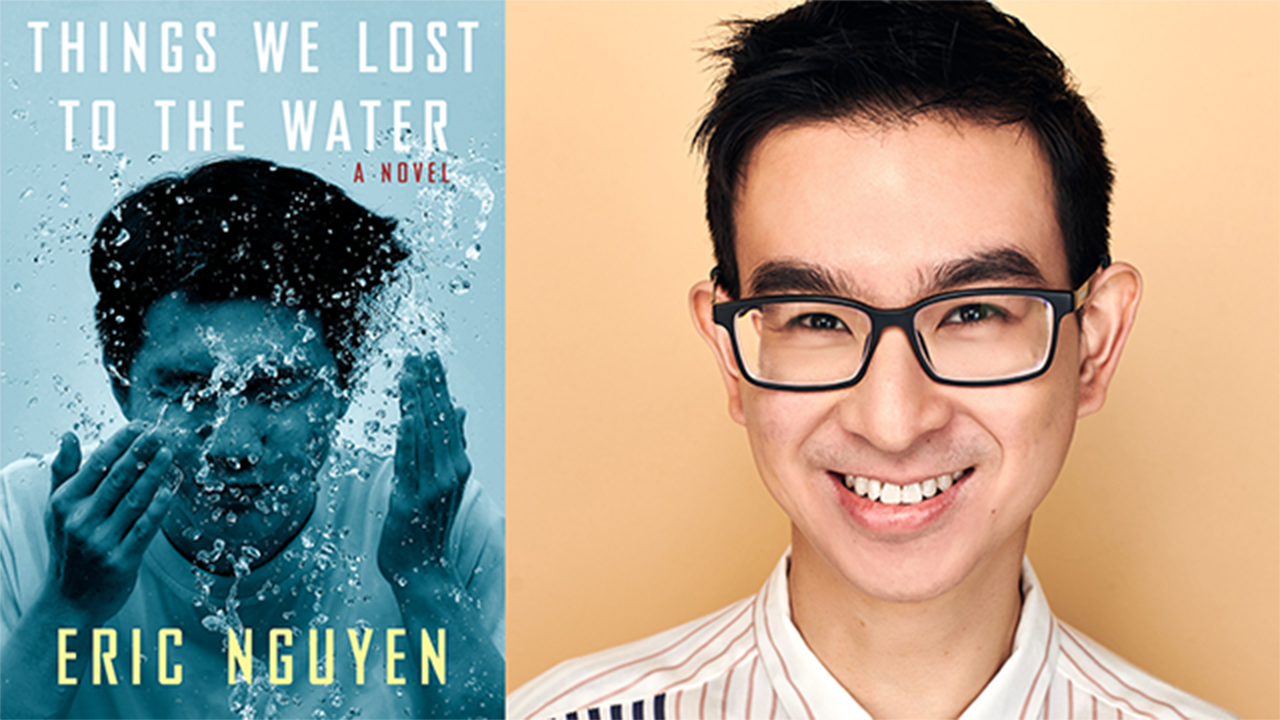In November, Aspen Words announced the longlist for the fifth annual Aspen Words Literary Prize, a $35,000 award recognizing a work of fiction that addresses a vital social issue. The selected books explore questions of freedom and identity, exile and belonging, and are set against the ravages of colonialism, consumerism, and classism. While the jury works on selecting a shortlist, Aspen Words chatted with the nominees about their work, how they view their role as a writer in this cultural and political moment, and the best piece of writing advice they’ve received.

Dawnie Walton is a fiction writer and journalist who lives in Brooklyn. Her novel The Final Revival of Opal and Nev is a provocative and chilling coming-of-age story featuring a fiercely independent young woman pushing against the grain in style and attitude alongside a backup chorus of unforgettable voices.
How do you view your role as a writer in this cultural and political moment?
Writing for me is an exploration of character, a constant turning over of questions about who people are, how they got to be that way, and why they make certain choices under pressure (whether that pressure is personal, or the result of larger societal forces, or, very often, some intersection between the two). I never start a story with the intention of writing head-on about politics or toward “moments.” But because I center Black women as my protagonists, and because certain concerns are inextricable from our day-to-day lives as well as our dreams for the future, those topics tend to arise naturally. My role is to never shy away from those explorations, and to always bear in mind the readers who will feel most reflected along the way. They deserve rich and nuanced portrayals, and it’s my responsibility to take great care in how I deliver them.
What inspired you to write The Final Revival of Opal & Nev?
I wanted to dream up an Afro-punk ancestor who would’ve been a queen to me as a Black woman who grew up loving alternative music and other outré offshoots of rock & roll. I wanted her to be messy and artsy and way ahead of her time, while also loud—no matter what room she’s in, and no matter the personal cost—about her love for and commitment to her Black community. The specific idea for Opal & Nev clicked into place when I saw the documentary 20 Feet From Stardom, about the background singers (most of them Black women) whose voices everyone knows from iconic rock songs, but whose names often get discarded. In moments it was incredibly fun and liberating to craft an amalgamation of several real artists I’ve loved, and to imagine this fictional musical heroine breaking out from the background and finding her light. The serious bit—the exploration, in my mind—was to look very deeply and honestly at the toll it might have taken for a Black woman to go on that ride in the late ‘60s and early ‘70s, and even as she prepares for a comeback in 2016.
What is the core tenet of your book’s philosophy?
I’m more interested to hear readers’ ultimate takeaways, but I will say I thought a lot about how there’s a flawed human being behind every image and legend, struggling with who and what they really want to be. And how, along that journey toward finding one’s voice, building and sustaining true-blue community is crucial.
What’s the best piece of advice you’ve received on writing fiction?
Like many other Black writers, I look to the wisdom of Toni Morrison constantly for the reminder to resist critiques and gazes outside my intended audience. Her general guidance helps me set the tone of my stories and to write with confidence and fearlessness. Then, specifically, there’s the piece of advice that helped me figure out how to finish this novel. Endings for me are a struggle—how to make them feel real, earned, and satisfying. When the playwright Sam Shepard died, among the remembrances was this quote from a 1997 interview in The Paris Review: “The most authentic endings are the ones which are already revolving towards another beginning.” That unlocked a universe for me by helping me understand how that final note should feel.
What are you currently reading?
A classic I’m finally getting around to devouring: Passing, by Nella Larson.


